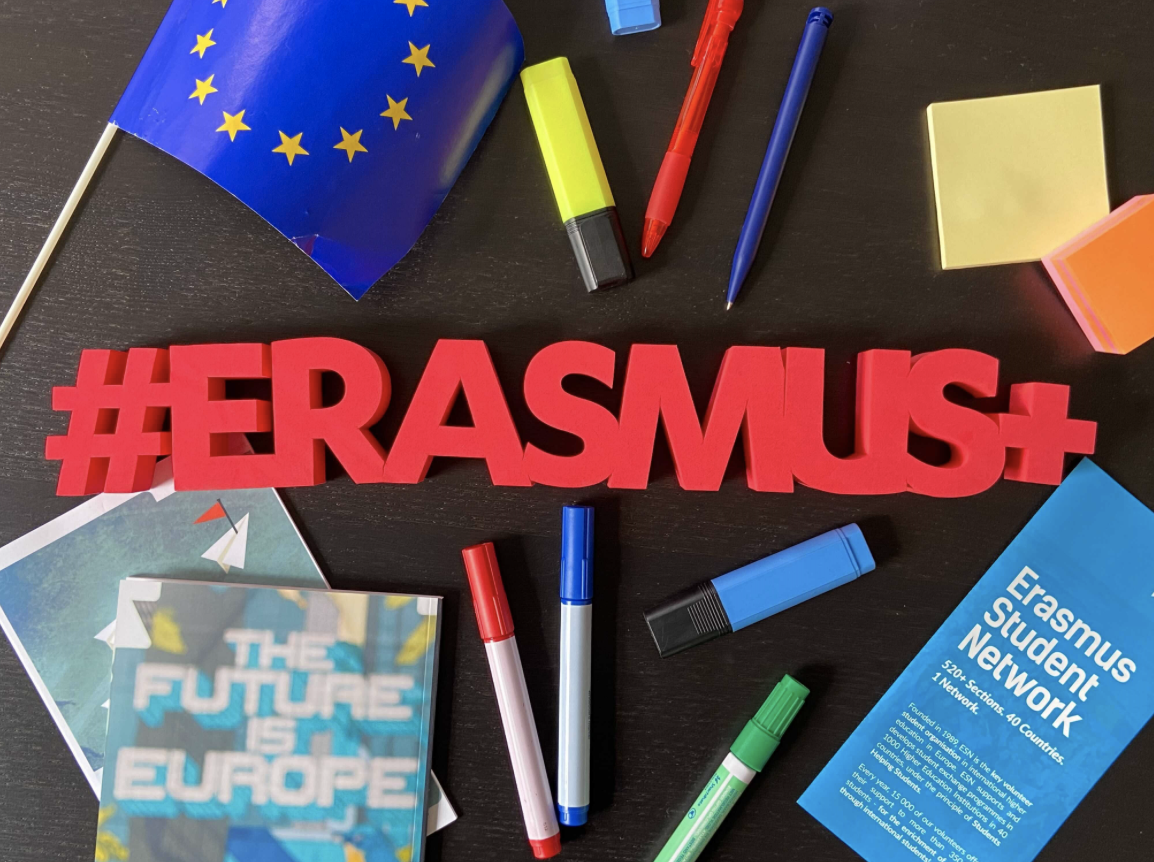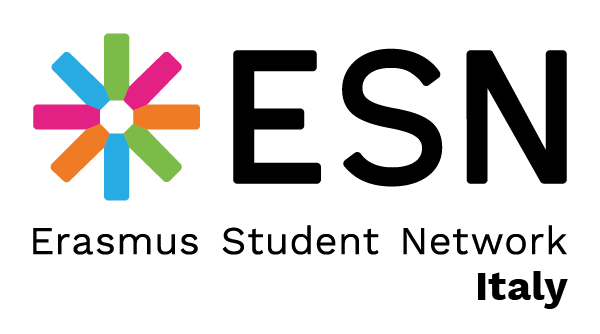
It all starts here.
On March 25th, the European Commission adopted the first annual work programme of Erasmus+ 2021-2027.
With a budget of €26.2 billion (compared to €14.7 billion for 2014-2020), complemented with about €2.2 billion from EU's external instruments, the new and revamped programme aims to fund learning mobility and cross-border cooperation projects for 10 million Europeans of all ages and all backgrounds. It will seek to be even more inclusive and to support the green and digital transitions, as set out in the European Education Area. Erasmus+ will also support the resilience of education and training systems in the face of the pandemic.
The Erasmus Student Network has previously pointed out that there are mostly positive news with the new Programme, but also that there is not enough money available to achieve the ambitious goals. After a year of decreased mobility as a result of the COVID-19 restrictions, ESN now stands ready to help a new generation of young students integrate into their new host country.
“Erasmus+ remains a unique programme in terms of its size, scope and global recognition, covering 33 countries, and accessible to the rest of the world through its international activities. I invite all public and private organisations active in the fields of education, training, youth and sport to look at the newly published calls for proposals and apply for funding. Thanks to Erasmus+, we will make the European education area a reality” says Mariya Gabriel, Commissioner for Innovation, Research, Culture, Education and Youth.
The new Erasmus+ programme provides opportunities for study periods abroad, traineeships, apprenticeships, and staff exchanges in all fields of education, training, youth and sport. It is open to school pupils, higher education and vocational education and training students, adult learners, youth exchanges, youth workers and sport coaches.
In addition to mobility, counting for 70% of the budget, the new Erasmus+ also invests in cross‑border cooperation projects. These can be between higher education institutions (e.g. the European Universities initiative); schools; teacher education and training colleges (e.g. Erasmus+ Teacher Academies); adult learning centres; youth and sport organisations; providers of vocational education and training (e.g. Vocational Centres of Excellence); and other actors in the learning sphere.
The new programme places a strong focus on social inclusion, the green and digital transitions, as well as on promoting young people’s participation in democratic life.
DiscoverEU now becomes an integral part of Erasmus+ and gives 18 year-olds the possibility to get a rail pass to travel across Europe, learn from other cultures and meet fellow Europeans. Erasmus+ will also support exchange and cooperation opportunities through new youth participation activities, to help young people engage and learn to participate in democratic life, raising awareness about shared European values and fundamental rights; and bringing young people and decision-makers together at local, national and European level.
I welcome the launch of the new Erasmus+ programme, which has affirmed itself as one of the great achievements of the European Union. It will continue to offer learning opportunities to hundreds of thousands of Europeans and beneficiaries from associated countries. While providing a life-changing experience of mobility and common understanding amongst fellow Europeans, the programme will also help us to deliver on our ambitions for a more fair and greener Europe.
Vice-President for Promoting our European Way of Life, Margaritis Schinas
The adoption of the annual work programme paves the way for the first calls for proposals under the new Erasmus+. Any public or private body active in the fields of education, training, youth and sport can apply for funding, with the help of Erasmus+ national agencies based in all EU Member States and third countries associated to the programme. In addition, groups of young people who are active in youth work, but not necessarily in the context of a youth organisation, may apply for funding for learning mobility of young people and youth workers as well as for Strategic partnerships in the field of youth. The 2021 Erasmus+ Programme Guide offers further details on the modalities of participation.
The call for proposals 2021 can be accessed here.

Follow us